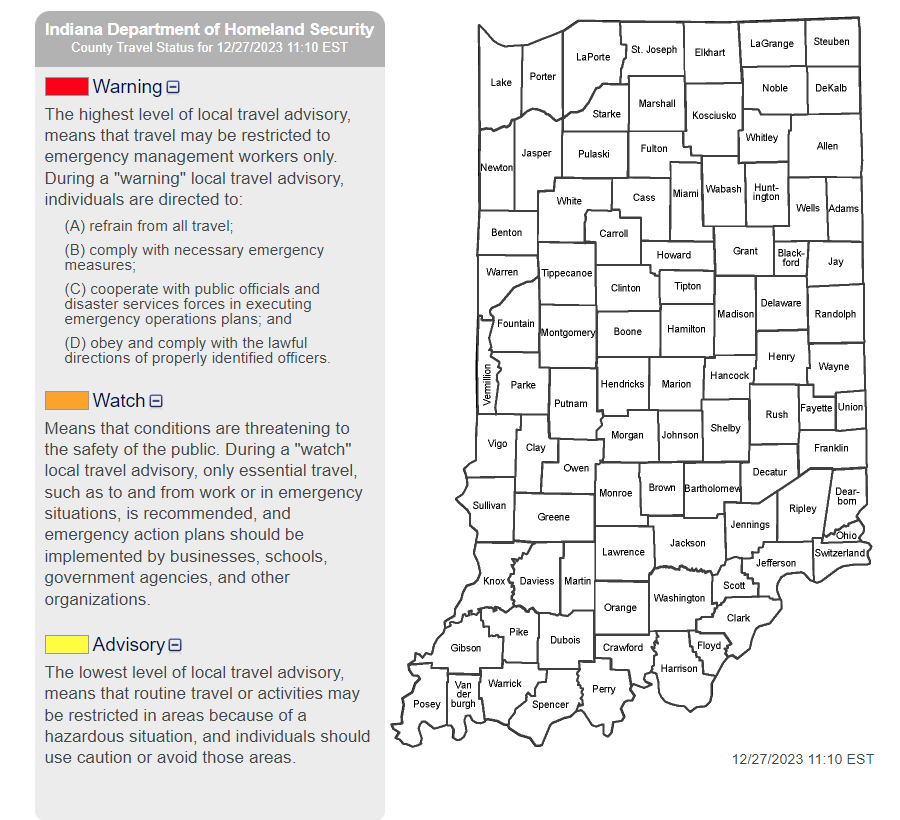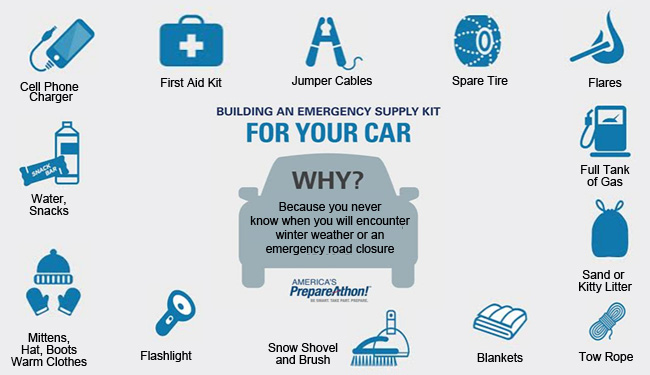Sign Up For Emergency Alerts!
Sign up and receive critical community information.

Receive emergency alerts and other important community news by signing up for Monroe County Alert. This system enables us to provide you with critical information quickly, such as tornado warnings, road closures, missing persons, and evacuations that are specific to Monroe County.
You will receive time-sensitive messages by signing up for these alerts! This is a free service for anyone in Monroe County, Indiana.
While registering for the alerts, you can specify how you would like to receive them, whether by text, email, and/or landline.
You can also register for automated weather alerts through this system.
These automated weather alerts are voluntary. You are able to select the weather alerts that you would like to receive.
Travel Status Map
To keep up to date on the current travel status of Monroe County, check out the Travel Status Map:

For up-to-date news, follow us on Facebook and sign up for alerts from the Monroe County Alert System.
An emergency or disaster may strike at anytime, unannounced. The best way to survive and recover from an incident is to be prepared for them at all times. One way to help yourself be prepared, is to make an emergency preparedness kit that you can take with you everywhere you go. It is a great idea to have multiple kits. You can keep one in your vehicle at all times, one in your house, and any other location that you may think about.
SUPPLIES TO PUT IN YOUR KIT:
- Battery-powered Flashlight
- Extra Batteries
- Water Bottles
- Non-perishable food items

- First Aid Kit
- Rain gear/Poncho
- Blanket
- Extra clothing
- Personal Hygiene products
- Cell phones with charges
- Extra cash for emergency use
- Waterproof matches and fire starter kit
- Road Flares
- NOAA Weather Radio
- Maps of your area (County and State)
- Tarps to make a shelter if needed
IDEAL LOCATIONS FOR YOUR KITS
- House or Apartment
- Vehicle
- RV/Camper
- Boat
- Garage
- Outbuilding or shed
|













